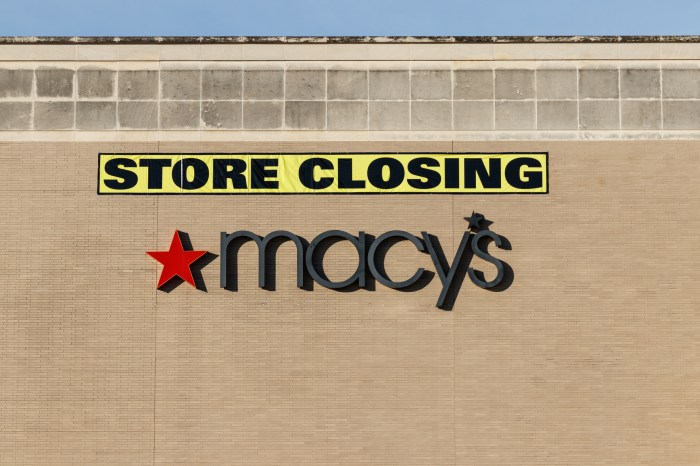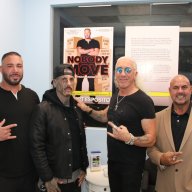Most people avoid thinking about what could go wrong. However, advanced directives are a way of taking care of potential problems that can occur in the future. Making sure the right documents are in place can relieve some of the stress that comes when the unexpected happens.
Schneps Media, the parent company of the Long Island Press, held a webinar with Cona Elder Law partners Melissa Negrin-Wiener and Marcus O’Toole-Gelo to discuss everything you need to know about advanced directives.
“Having your wishes in writing can really save the family from having to go through a potential court proceeding to carry out what your wishes are,” Negrin-Wiener said.
Knowing the difference between all the different advance directives is important when it comes to choosing who would be in charge of your financial and medical decisions.
O’Toole-Gelo pointed out the differences between the power of attorney and health care proxy. Who do you want to be making decisions for you if you are unable to make a difficult decision? Thinking about family dynamics, knowledge of assets, reliability, and trust are important things to consider when choosing agents, according to both attorneys.
Another advanced directive discussed in the webinar is a living will. This document states your desire for what you medically want for the end of your life. Negrin-Wiener spoke about the good the living will does if there are disagreements amongst family members.
Although these documents are binding, they should be reviewed every five years due to potential changes in the law or changes in one’s life.
“Just like any other estate planning, you want to take a look every few years to make sure it’s current,” O’Toole-Gelo said. “There’s life changes that maybe you want to change, family dynamics change.”
Watch the full webinar here.
Sign up for Long Island Press’ email newsletters here. Sign up for home delivery of Long Island Press here. Sign up for discounts by becoming a Long Island Press community partner here.






























